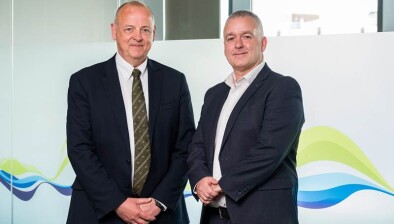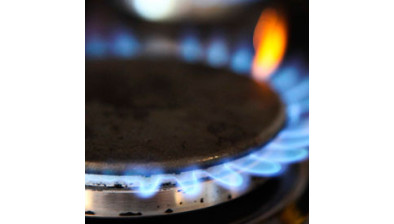CAS: Almost 540,000 Scots find energy unaffordable due to low incomes

Around 640,000 people in Scotland – about one in seven - find their energy bills unaffordable as a result of low incomes, new analysis from Citizens Advice Scotland (CAS) has found.
Polling for CAS by YouGov reveals 36% of adults in Scotland find their energy bills unaffordable. Of these people, 40% cite low incomes as a reason. Based on Scotland’s population estimates of people over 18 this works out to 639,227 people, or around one in seven adults.
A total of 12% also cite inconsistent incomes as a reason.
The findings come amid soaring energy bills and reductions to Universal Credit, with CAS warning that the number of people who find their bills unaffordable could continue to rise.
The energy price cap is due to increase in April, with the industry warning bills could increase by as much as 50%.
The charity has been running Big Energy Saving Winter, a campaign encouraging people to get advice to manage increasing energy bills.
Michael O’Brien, CAS fair markets policy offer, said: “While energy bills have soared in recent months, it’s important to understand that households on low incomes were struggling with their energy costs beforehand.
“A quarter of Scottish households are living in fuel poverty, and that’s before the impact of the pandemic, and the crisis in energy markets, is accounted for.
“With prices in the shops rising and a substantial increase to the energy price cap expected in April, the coming weeks and months could be very challenging for consumers on low incomes.”
He added: “People don’t have to feel alone, or powerless, as costs rise. The CAB network has been helping people for over 80 years.
“Our free, confidential and impartial advice unlocked around £147 million for people last year through things like social security payments, employment entitlements and debt reductions. For energy advice people who saw a gain were around £272 better off.
“We’d like to see policymakers focus on ways to get more money into people’s pockets, but we’re here to help people now.”







